
Get In Touch
Request more info or book a tour.
Fill in the form and we'll get back to you in no time!
Popularly known as the North Korea of Africa, it is said that Eritrea is the most repressive and hermetic country in all of Africa, a real off-the-beaten-path destination not many travelers have had the chance to visit.
Most travelers, however, agree that this is one of the most unique destinations in the continent, home to the most laid-back city in sub-Saharan Africa and also the most diverse country in terms of landscapes, ethnicities and culture, all concentrated in such a small piece of the African continent.
This is the eleventh expedition we run in Eritrea, and it’s one day longer because we’ll be there during Timkat, the most important religious celebration in all of Eritrea.
January 18th to 26th, 2027
€1990
9 days
Tour leader to be confirmed
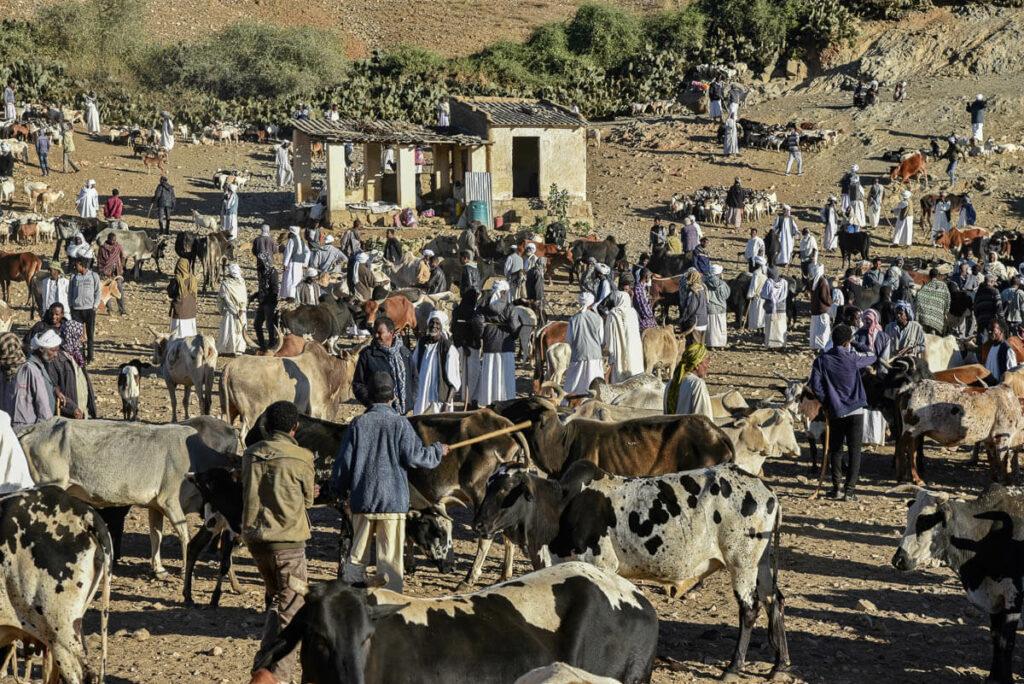
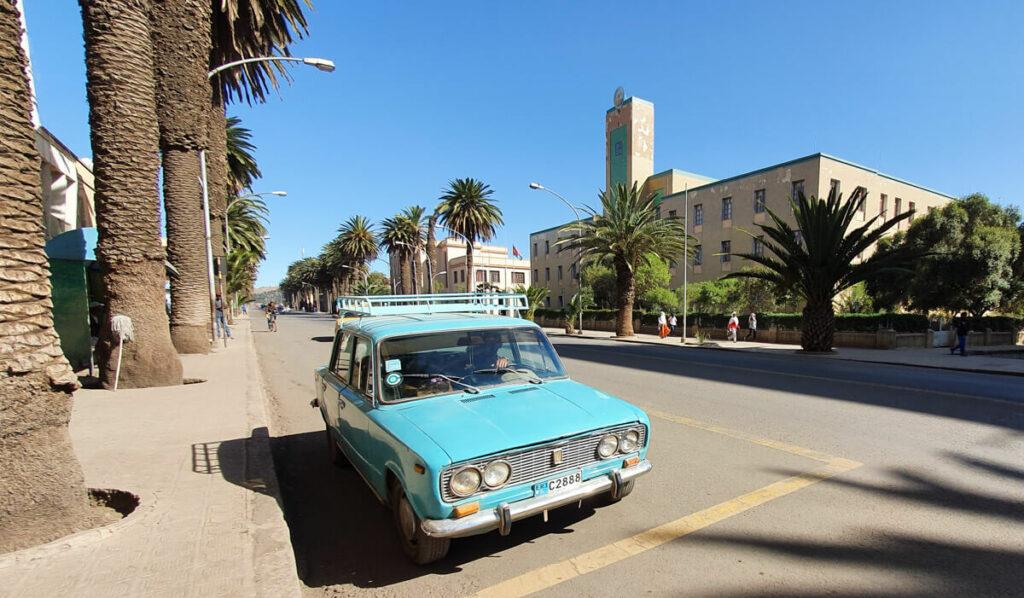
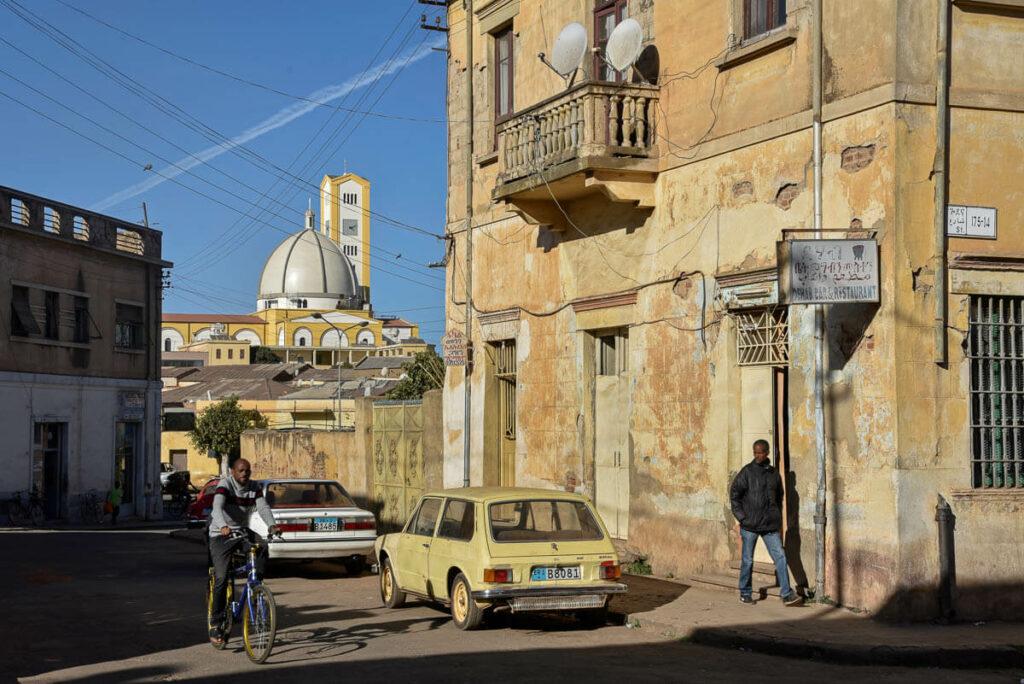
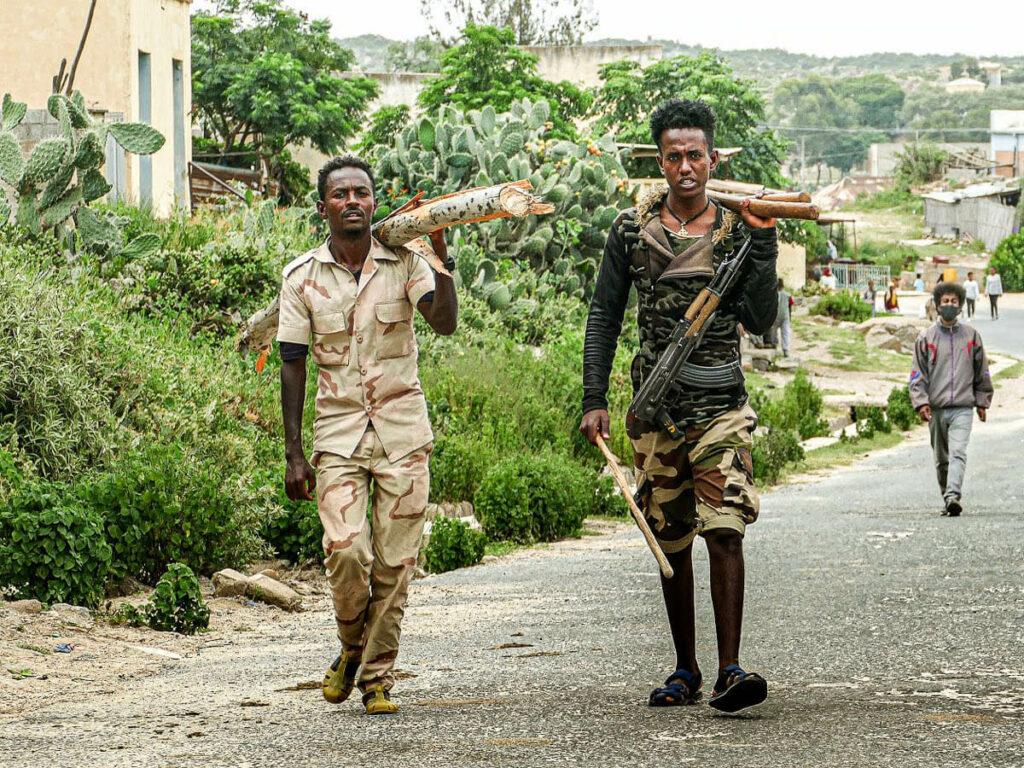
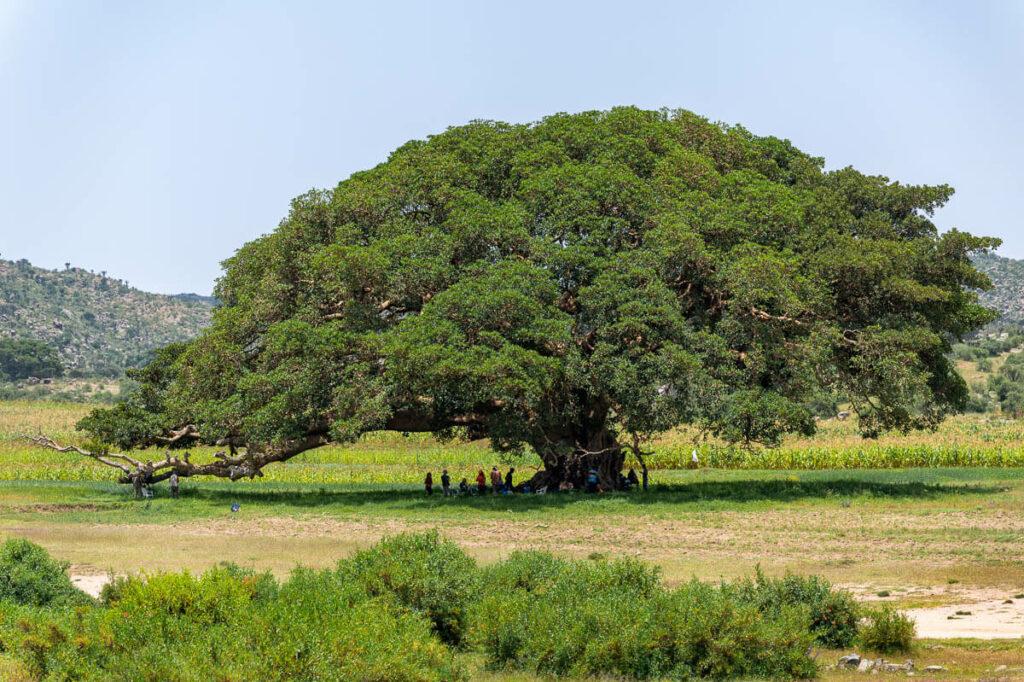
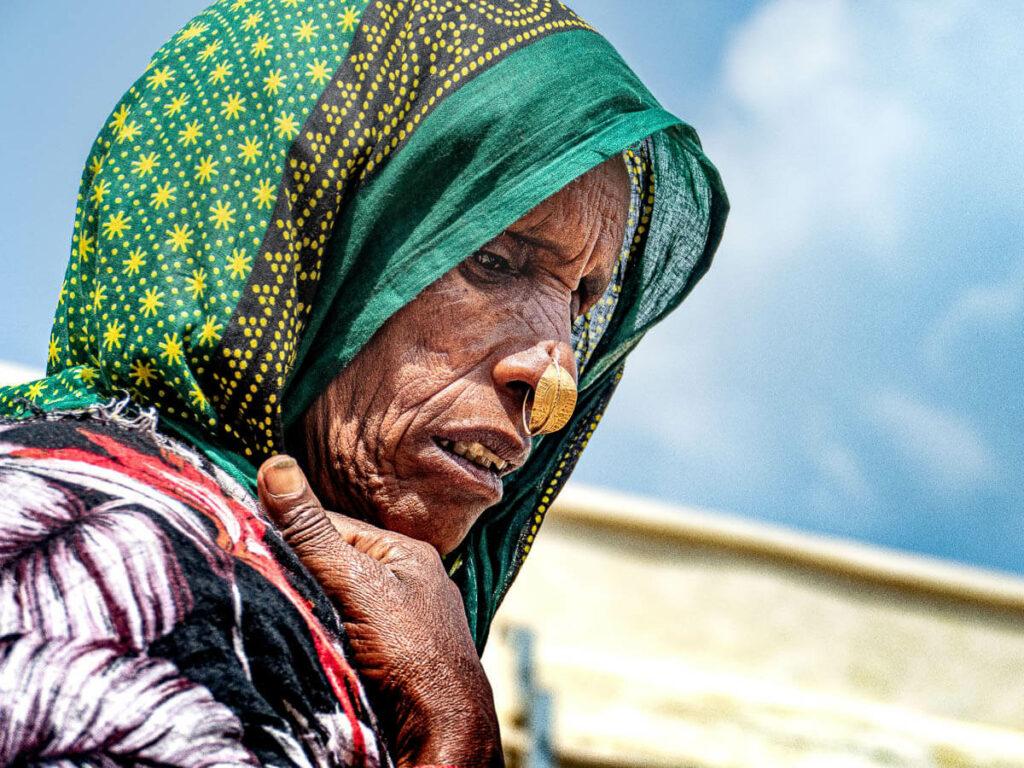
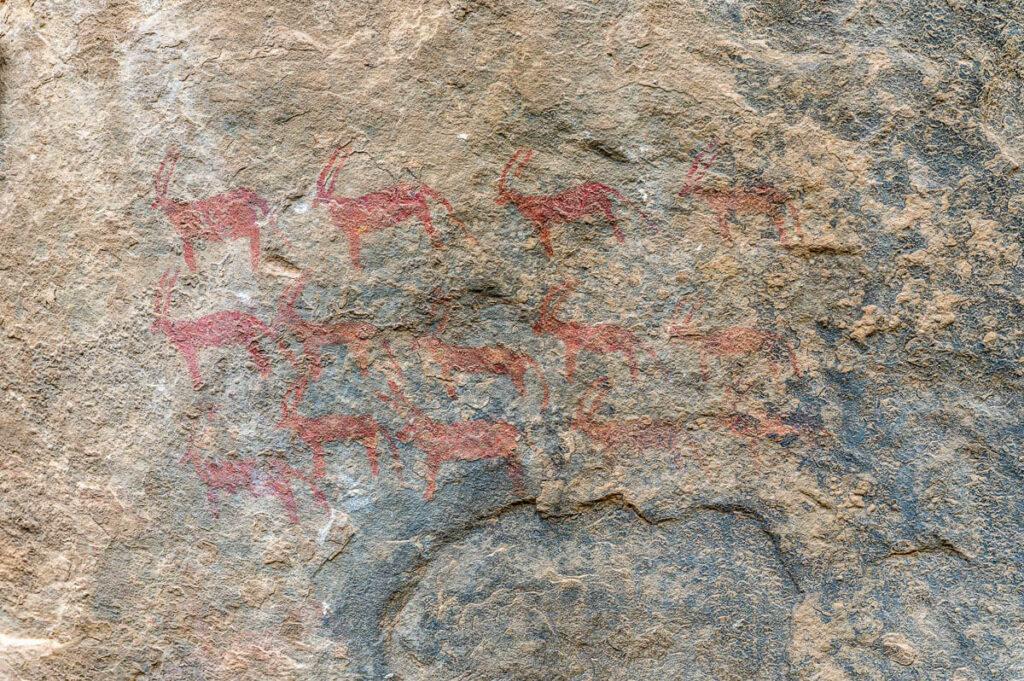
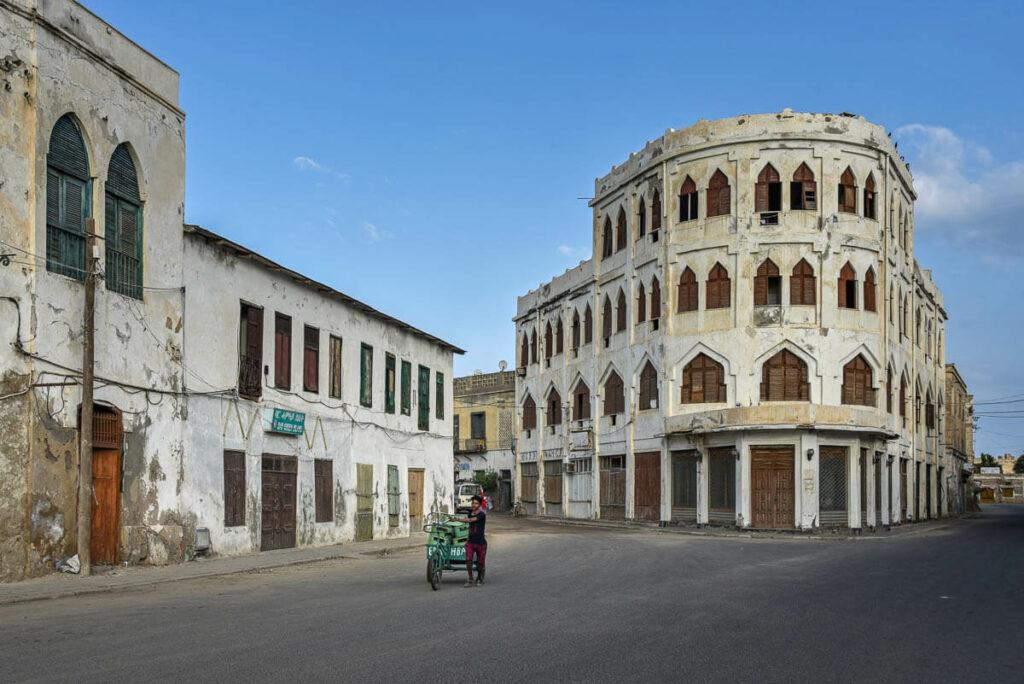
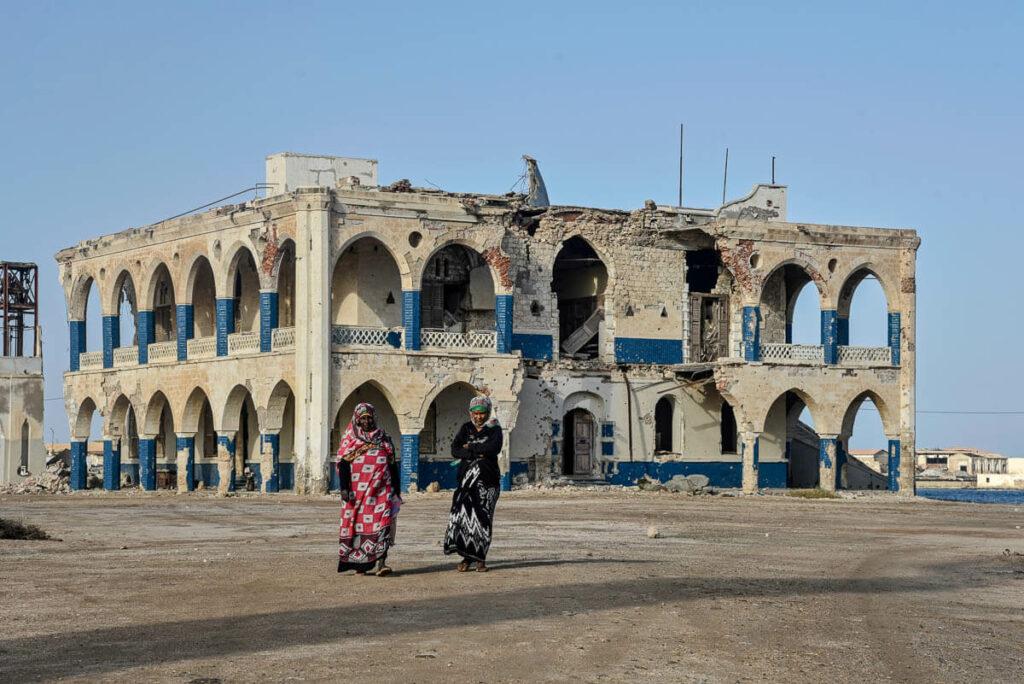
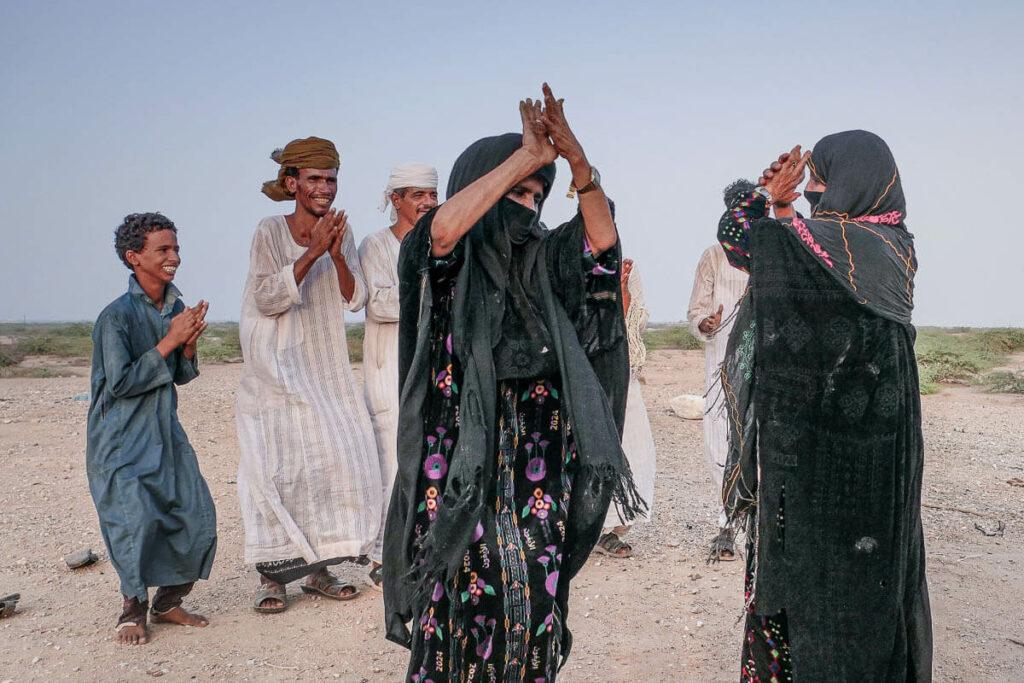
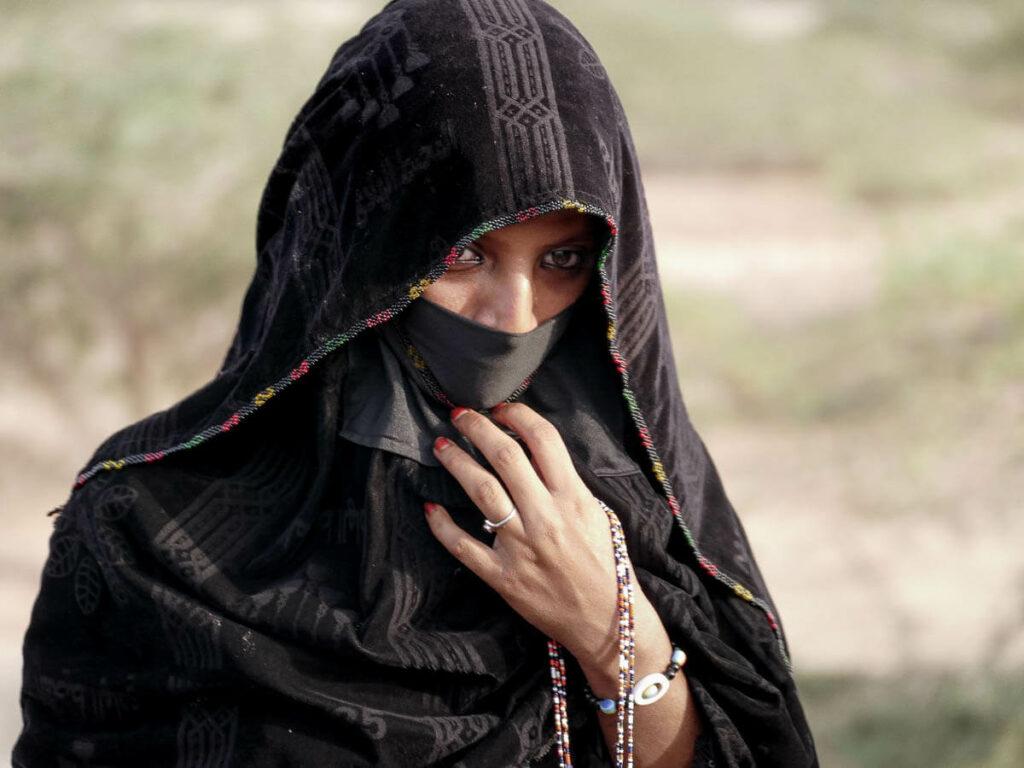
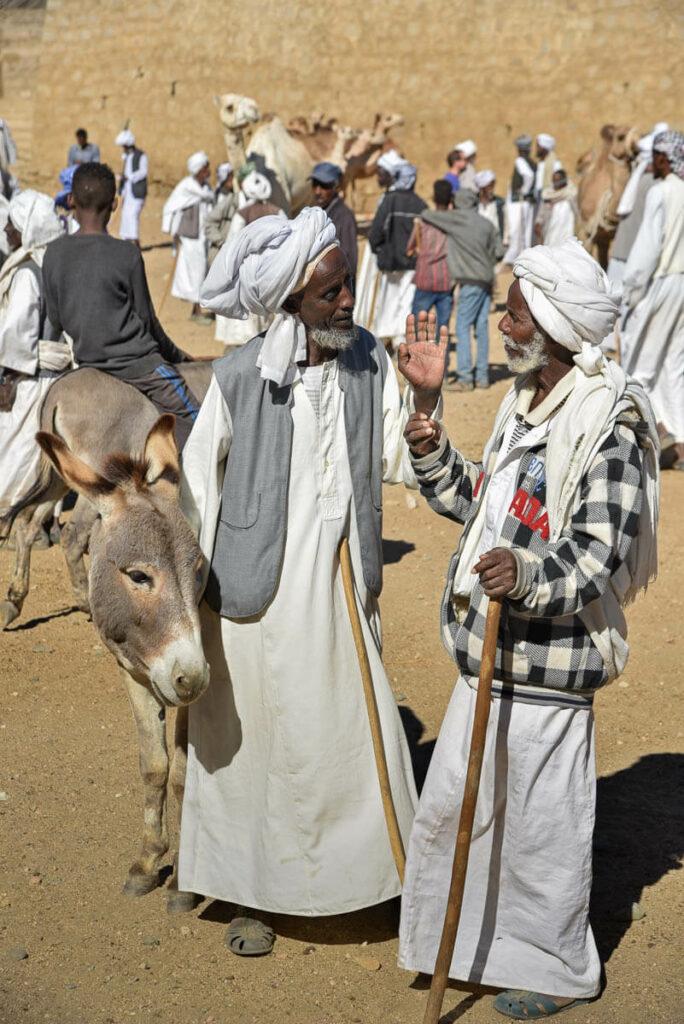
Note that we always keep the itinerary flexible, and it may be subject to change, depending on the political situation.
1 – Jan 18th: Arrival in Asmara
2 – Jan 19th: Timkat Festival
3 – Jan 20th: Keren
4 – Jan 21st: Back to Asmara, Asmara city tour
5 – Jan 22nd: Massawa
6 – Jan 23rd: Rasahida tribe and back to Asmara
7 – Jan 24th: Decamhare & Senafe
8 – Jan 25th: Qohaito & Soho tribe
9 – Jan 26th: Departure
Airport pick-up, followed by checking into the hotel
Introductory briefing on this Eritrea expedition, followed by dinner and drinks.
Overnight in Asmara.
Timkat is a festival from both Ethiopia and Eritrea celebrated by the Orthodox Curches of both Ethiopia and Eritrea.
During this festival, hundreds of thousands of people gather to celebrate the baptism of Jesus in the River Jordan.
This is the best day of the year in Eritrea for people-watching watching, and photography and basically, we’ll spend the entire day in Asmara trying to enjoy this beautiful, traditional event.
Overnight in Asmara.
We’ll visit Keren, where we’ll take our time to explore the town and the market. There will be free time to take photos,, interacting with locals and just discovering it on your own.
After lunch, we’ll visit the surrounding areas.
Overnight in Keren.
Wide, palm-lined boulevards, art deco, more Fiat Cinquecentos than Italy itself, and a great coffee scene. Asmara, the capital of Eritrea, might be the most charming city in Sub-Saharan Africa.
Things we will visit include: Fiat Tagliero building, Cinema Roma, Cinema Imperio, Saint Joseph Cathedral, Medemer Market, and the famous bowling center, among other things.
Overnight in Asmara.
Drive to the Red Sea coast, to Eritrea’s main port city of Massawa, and old city that has been occupied by the Portuguese, Arabs, Egyptians, Turks, British and Italians.
It gained prominence back in the 16th century when it was captured by Ottoman forces, who developed the old town using traditional Ottoman architectural styles, often with coral instead of bricks.
We’ll visit the old Ottoman town, the Italian legacy and have some great seafood.
Overnight in Massawa.
Rashahida people are an ethnic group that lives across the coast plain of the Red Sea, from Port Sudan to Massawa. They are the descendants of Arab tribes from the 19th century and are nomadic people and are characterized by their colorful dress and camel breeds.
Lunch with Rashahida community
If possible, we’ll also visit Adulis, once among the greatest ports of the ancient world, linking the Roman, Egyptian and Greek Empires.
However, February will be the rainy season in that area so the road tends to be very muddy and, impossible to drive on our bus. We’ll see. Otherwise, after lunch, we’ll head back to Asmara.
Overnight in Asmara.
Travel to Decamhare, a town southeast of Asmara that served as the industrial hub for Italian Eritrea. At its peak in 1938, almost half the town’s inhabitants were Italian citizens.
Decamhare is known for its vineyards and flour mills and, despite considerable fighting in the War of Independence, Decamhare still has good examples of colonial architecture.
Lunch in Senafe, from where we will climb to a monastery located on the top of the highest mountain, a 2-hour hike.
Overnight in Senafe
Quohaito is a pre-Axumite archaeological site about 20km from Adikeyih, located at 2,600m on the edge of the Great Rift Valley.
We will also discover some pretty ancient rock art, as well as meet members of the Soho tribe.
Back to Asmara and overnight in Asmara.
In the morning, visit the remaining sites in Asmara.
Then, time for a last cappuccino before your transfer to the airport.
Visa process
8 nights of accommodation in hotels
Permits for traveling around Eritrea
Private transportation around Eritrea
Breakfast and lunch
English-speaking Eritrean guide
International tour leader
Entrance fees to all places listed in the itinerary
International flights to Asmara
Visa fees ($70) – to be paid at the airport
Dinner
Single supplement (€190)
January 18th to 26th, 2027
€1990
9 days
Tour leader to be confirmed
For security reasons, the name of the hotels we stay will only be shared upon booking your spot.
The price of the tour includes accommodation in a twin room.
If you are a solo traveler, you will share the room with another like-minded traveler from the group.
If you want a single room, you will have to pay an additional €190.
You don’t need to worry about anything.
Since you’ll be visiting Eritrea as part of a group, we will apply for you, so you won’t need to visit the embassy but just collect it upon arrival.
You can only fly in. Land borders are closed.
The easiest is to fly from Addis Ababa with Ethiopian Airlines, since there are daily flights, plus they are much cheaper if you book the round trip with them.
Alternatively, you can also find flights from Cairo (Egypt Air), Dubai (Emirates) and Istanbul (Turkish Airlines).
We limit our tours to a maximum of 12-13 people.
To secure your spot on the tour, we require a deposit.
We accept payments in both Euros and US dollars. All details will be shared upon booking your spot.
Yes. If you want to join any of our expeditions, you must purchase travel insurance.
We recommend IATI Insurance.
Why do we recommend IATI?
Against the Compass has been a partner of IATI for a very long time. We personally know their CEO and marketing team, and we collaborate regularly, so in the unlikely event that something happens, we know exactly what to do.
Moreover, IATI Insurance covers all the countries where the FCDO advises against all travel, something that most insurance companies don’t.
You can also benefit from a 5% discount by purchasing it through the link below.
Get a quote here to claim your discount
Can I use a different company?
Yes, you can, as long as your insurance covers the destination you’re travelling to.
Please check our General Conditions.
However, specific conditions might apply depending on the destination. Example: when the trip includes airfare.
Full details will be shared upon booking your spot.